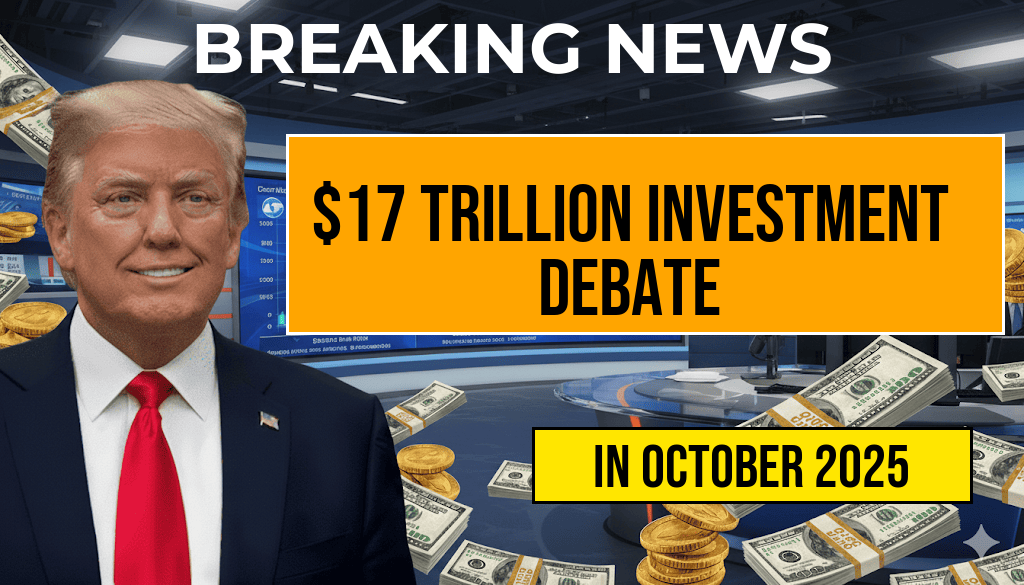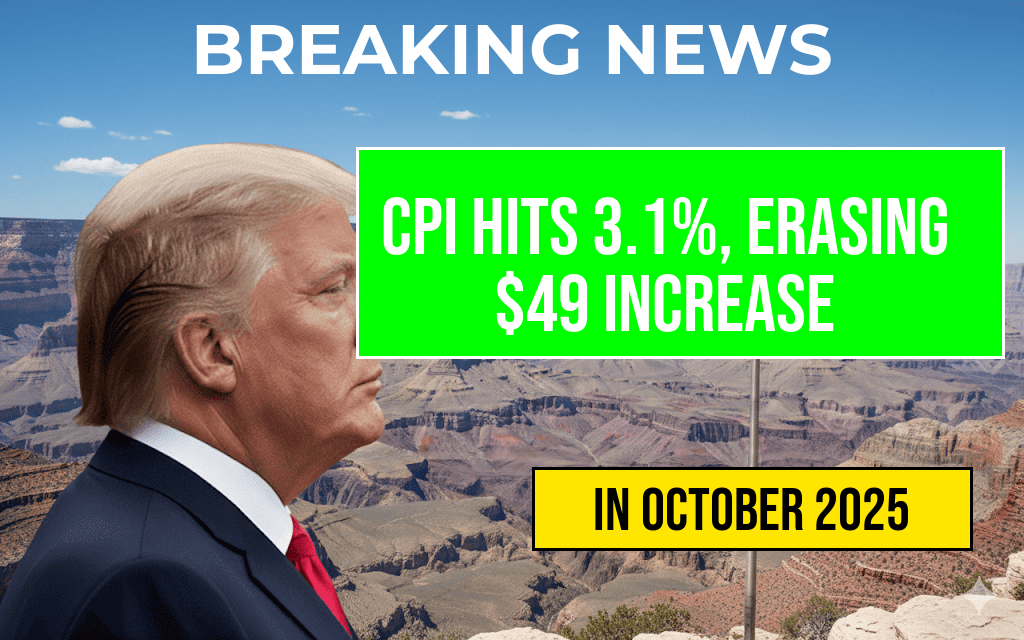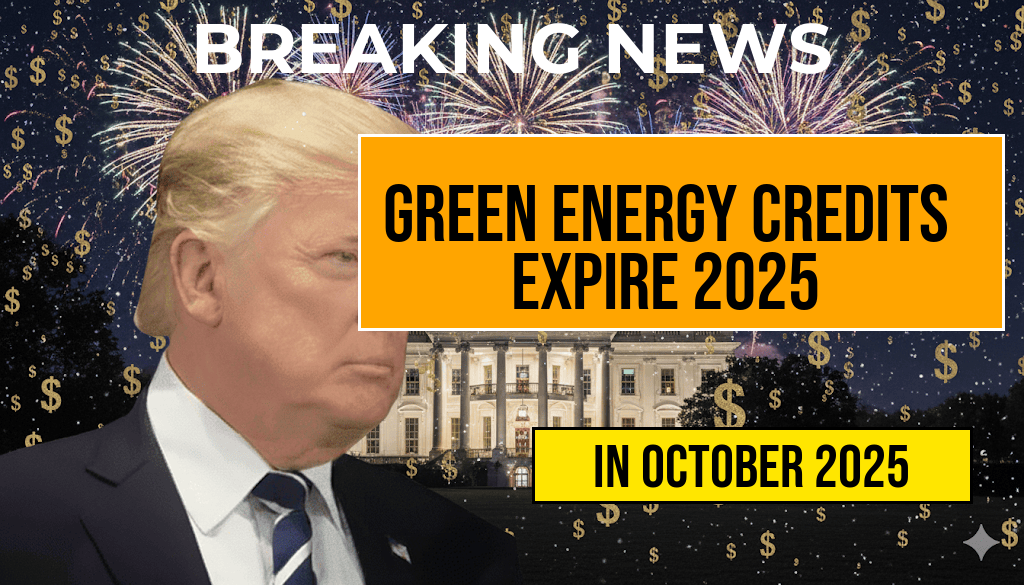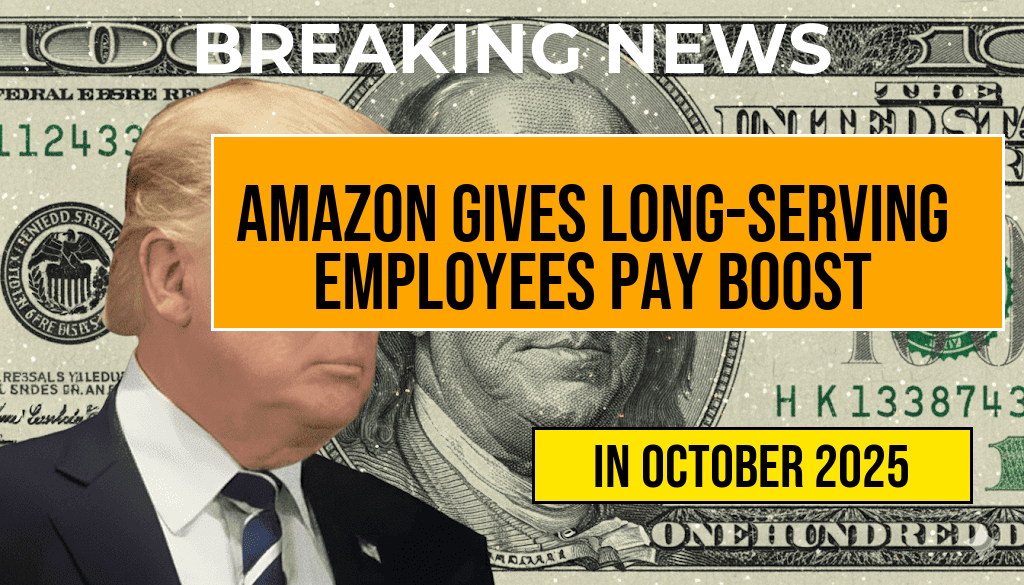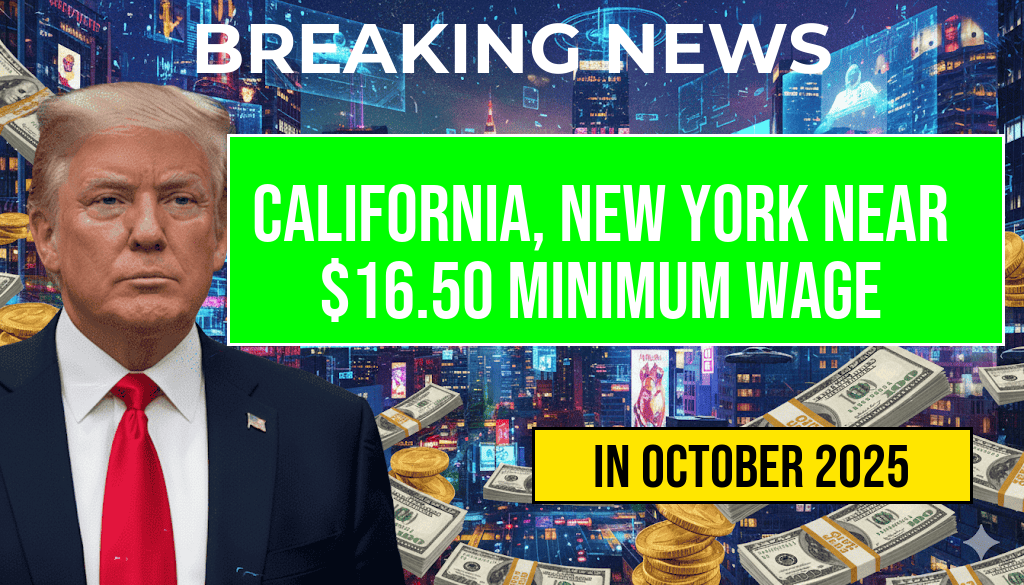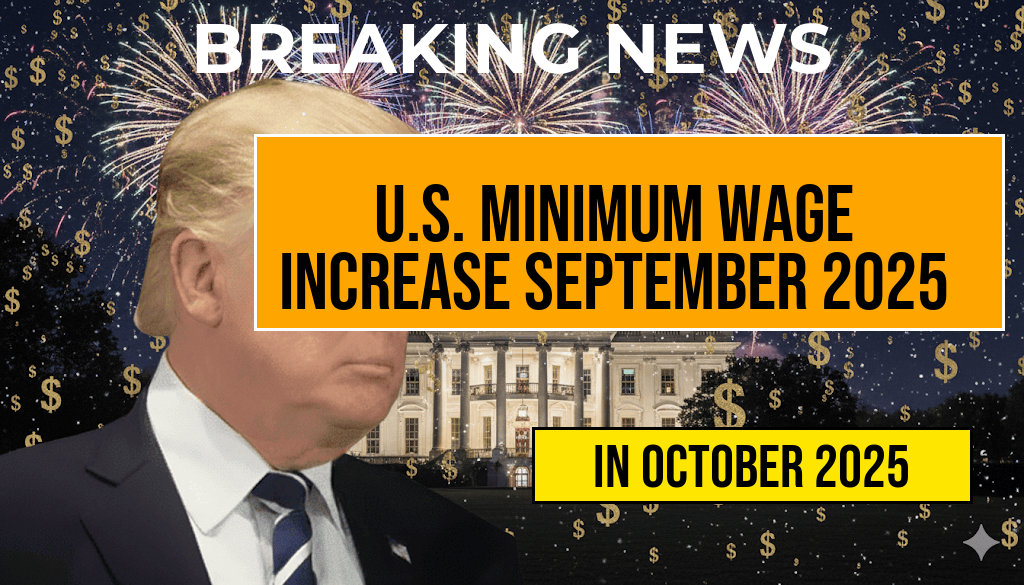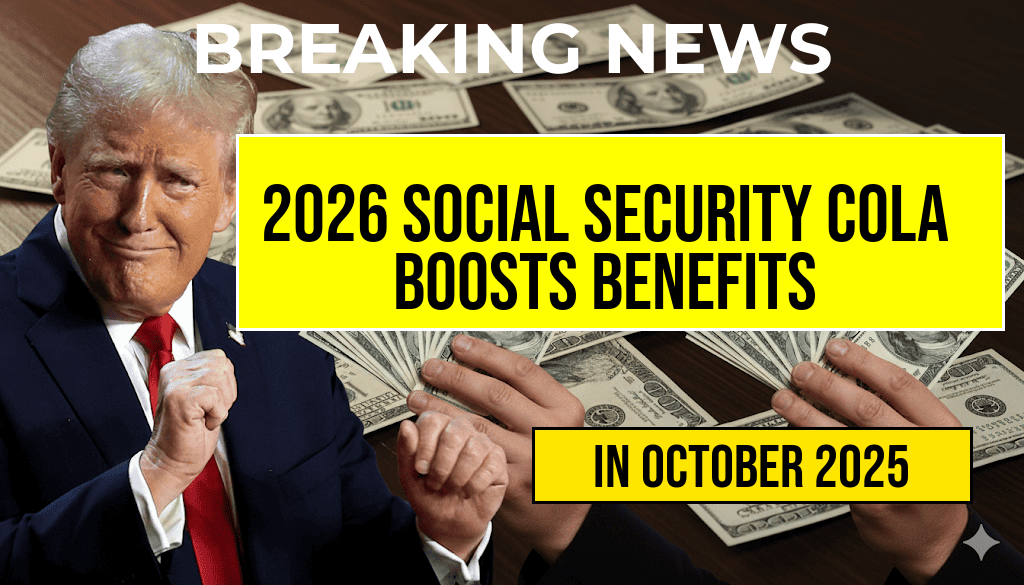Amid ongoing debates over the impact of U.S. President Donald Trump’s economic policies, recent figures suggest a record-breaking surge in **global investment** under his administration, totaling approximately $17 trillion over his four-year term. This figure, which encompasses foreign direct investment (FDI) and international capital flows, has ignited fierce discussions among economists and policy analysts. Supporters argue that the administration’s policies fostered a more attractive environment for international investors, citing tax cuts, deregulation, and trade negotiations. Critics, however, contend that such investment may not translate into sustainable economic growth and raise questions about the distribution of benefits. The debate underscores the complexity of interpreting large-scale financial data and the broader implications for the U.S. economy and global markets.
Context and Significance of the $17 Trillion Figure
The reported $17 trillion investment figure represents a cumulative measure of international financial commitments to the U.S. economy during Trump’s tenure from 2017 through 2020. This includes direct investments in manufacturing, real estate, technology, and other sectors, as well as portfolio investments such as bonds and equities. According to data from the U.S. Bureau of Economic Analysis (BEA), this level of investment marks a significant increase compared to previous administrations, prompting analysts to reevaluate the country’s global economic standing.
Methodology and Data Sources
Experts emphasize that the $17 trillion figure derives from comprehensive data collected through international financial accounts, which track cross-border capital movements. The BEA compiles these figures by analyzing reports from multinational corporations, foreign governments, and financial institutions. While the total provides a broad overview, some economists caution that it does not account for the nuances of investment quality, such as whether flows are productive or speculative.
Economists’ Perspectives on the Investment Surge
Supporters’ Viewpoint
- Increased Attractiveness of U.S. Markets: Proponents argue the Trump administration’s policies, including a corporate tax rate cut from 35% to 21% and efforts to renegotiate trade agreements, created a more competitive environment for foreign investors.
- Enhanced Capital Flows: They point to the record-high levels of FDI, particularly from Asia and Europe, suggesting a revival of confidence in the U.S. economy.
- Job Creation and Innovation: Supporters claim that increased investment has contributed to job growth and technological advancement, citing reports of expanding manufacturing bases and startup funding.
Critical Perspectives
- Questionable Sustainability: Critics warn that much of the investment may be tied to short-term speculative motives rather than long-term economic development.
- Distribution of Benefits: Skeptics argue that the investment surge has disproportionately benefited large corporations and wealthy investors, with limited impact on middle- and lower-income communities.
- Impact on Trade Deficits: Some economists suggest that increased foreign investment has coincided with growing trade deficits, raising concerns about the U.S.’s economic resilience.
Impact on the U.S. Economy
| Indicator | 2016 (Pre-Trump) | 2020 (End of Term) | Change |
|---|---|---|---|
| GDP Growth Rate | 1.6% | -3.5% | Decline due to pandemic |
| Unemployment Rate | 4.7% | 8.1% | Increase during pandemic onset |
| Foreign Direct Investment (FDI) | $251 billion | Data not directly comparable but rising trend noted |
Global Market Reactions and Future Outlook
International markets have responded variably to the reported investment figures. While some foreign investors have expressed confidence in the U.S. economic trajectory, others remain cautious, citing ongoing trade tensions and policy uncertainties. The incoming Biden administration has signaled intentions to recalibrate trade and economic strategies, which could influence future capital flows.
Economists warn that sustained growth in global investments hinges on policy stability, infrastructure development, and addressing income inequality. As global investors weigh the risks and opportunities, the $17 trillion milestone serves as both a testament to the U.S.’s financial magnetism and a prompt for further analysis of its long-term economic health.
For more details on international investment trends, visit Wikipedia’s FDI page or consult Forbes’ economic analysis.
Frequently Asked Questions
What is the significance of the $17 trillion global investment figure discussed in the article?
The $17 trillion figure represents the total global investment attributed to or influenced by Trump’s policies and economic strategies, making it a record-breaking number that has sparked widespread debate among economists.
Why do economists have differing opinions on Trump’s impact on global investments?
Economists disagree due to varying interpretations of policy effects, market trends, and the long-term sustainability of the investments, leading to contrasting views on whether Trump’s record is truly beneficial or potentially problematic.
How do Trump’s policies influence global investment flows?
Trump’s policies, including tax cuts, deregulation, and trade negotiations, are believed to have stimulated increased investment flows globally, though opinions vary on the long-term effects.
What are the main arguments of critics who challenge the $17 trillion investment claim?
Critics argue that the record-breaking figure may be inflated or that it does not account for inflation, economic disparities, or potential short-term gains that do not translate into sustainable growth.
What implications does this debate have for future economic policy?
The debate highlights the importance of careful analysis of investment data and suggests that policymakers need to consider long-term impacts of economic strategies to ensure sustainable growth and economic stability.

